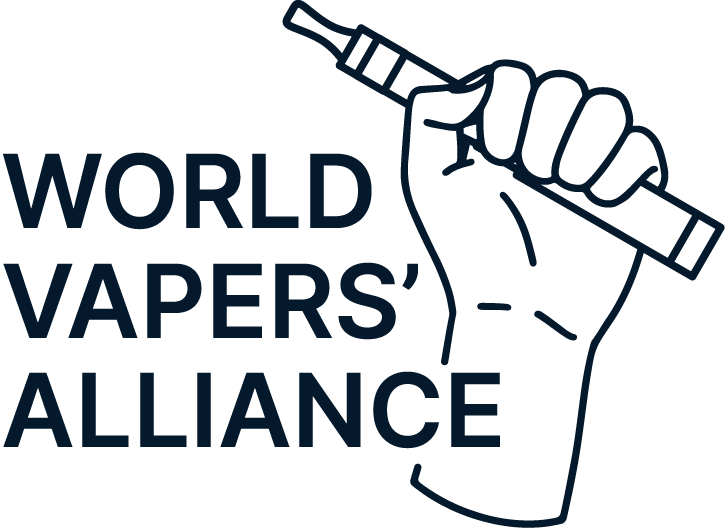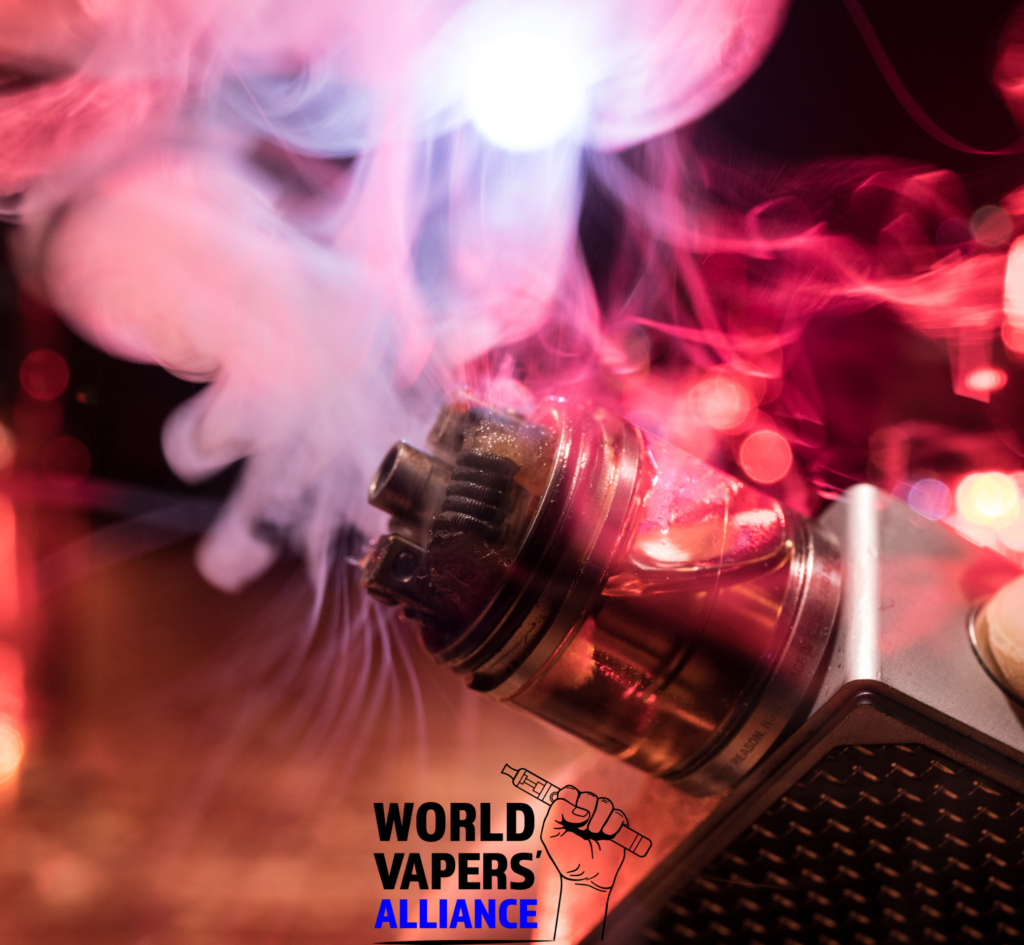La 10e session de la Conférence des Parties (COP10) à la Convention-cadre de l'Organisation mondiale de la Santé pour la lutte antitabac se tient actuellement à Panama. Cet événement marque une étape importante dans la lutte contre le vapotage et le tabagisme.
Cela pourrait redéfinir le discours autour des stratégies de réduction des risques, en mettant l'accent sur le vapotage, les produits à tabac chauffé, les sachets de nicotine et autres alternatives plus sûres au tabac. Des mesures comme l'interdiction des arômes pour cigarettes électroniques, l'augmentation des taxes sur les produits nicotiniques à risque réduit et d'autres encore sont à l'étude.
L'UE, forte de son histoire complexe et de sa position évolutive sur le tabac et la nicotine, joue un rôle central dans ces débats. Son parcours, du lancement du Plan européen de lutte contre le cancer aux tentatives de révision de la directive sur le tabac, jusqu'à l'abandon de la directive sur les taxes et accises, témoigne de ses efforts constants, bien que souvent malavisés, pour réduire le tabagisme. Dans ces efforts, le véritable ennemi – la cigarette – semble parfois se perdre dans les méandres de la bureaucratie. L'orientation actuelle, où l'UE semble faire écho aux positions strictes de l'OMS sur les produits nicotiniques alternatifs, suscite des interrogations. Pourquoi ce scepticisme à l'égard de la réduction des risques alors que des pays comme la Suède sont sur le point de devenir des pays sans tabac grâce à des stratégies similaires ?
Avec le recul, l'approche historique de l'UE en matière de réglementation du vapotage semble paradoxale. Des rapports indiquent un possible changement dans les rapports de force lors de la prochaine COP10, où la Commission européenne pourrait ligne de touche Les États membres adoptent des approches individuelles, s'éloignant ainsi de la méthode consensuelle traditionnellement efficace. Les préoccupations exprimées par sept États membres, dont la Bulgarie, la Grèce et l'Italie, sont dignes d'intérêt. L'absence de proposition de création d'un groupe de travail sur les nouveaux produits et les interrogations quant à la représentation de l'UE au sein des groupes de travail d'experts de la Convention-cadre de l'OMS pour la lutte antitabac (CCLAT) alimentent ces craintes.
Pourtant, au milieu de ces querelles politiques, l'UE Plan pour vaincre le cancer Elle reconnaît le potentiel du vapotage comme outil de sevrage tabagique. Alors, si les preuves sont si claires, pourquoi cette hésitation ?
Il est incontestable que la science doit guider les politiques publiques. Les avantages du vapotage comme alternative moins nocive au tabagisme sont corroborés par plus de 100 organisations mondiales. De plus, un examen complet par Cochrane, L'étude REPLICA, référence en matière de preuves scientifiques dans le domaine de la santé, confirme l'efficacité du vapotage pour faciliter le sevrage tabagique. Des études récentes, comme l'étude REPLICA, étude, Ils soulignent que le vapotage est bien moins nocif que le tabagisme. Dans cette optique, une réglementation fondée sur les risques semble logique : si le vapotage et les produits similaires sont beaucoup moins nocifs que le tabagisme, la réglementation ne devrait-elle pas en tenir compte ?
Ignorer ces preuves pourrait avoir des conséquences désastreuses. La désinformation et des réglementations trop strictes pourraient dissuader les fumeurs d'adopter des choix plus sains. La menace qui se profile ? Une catastrophe de santé publique, conséquence de priorités mal définies.
L'UE est confrontée à une décision cruciale pour l'avenir. Dans le meilleur des cas, elle adopterait des politiques progressistes axées sur la réduction des risques. Dans le pire des cas, un contrôle plus strict pourrait, involontairement, contraindre les vapoteurs à retourner au tabagisme ou à alimenter un marché noir non réglementé.
En conclusion, à l'approche de la COP10, il est impératif que l'UE adopte une position équilibrée, éclairée et nuancée. La santé de ses citoyens doit être la priorité absolue. Les décisions prises aujourd'hui façonneront durablement l'avenir de la santé publique, non seulement au sein de l'UE, mais aussi à l'échelle mondiale. Il est temps de faire le bon choix.








Une réponse